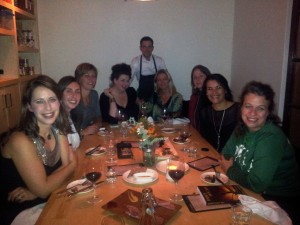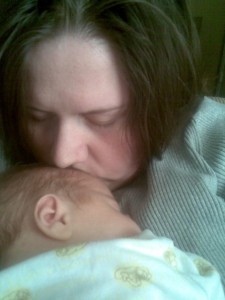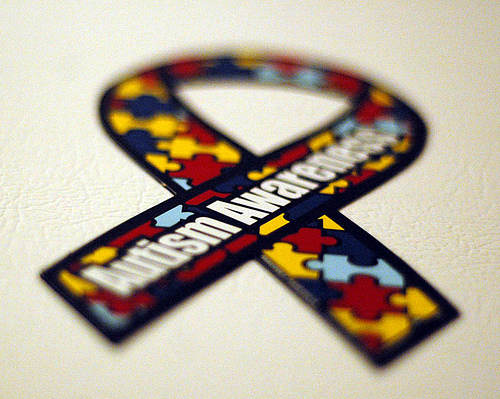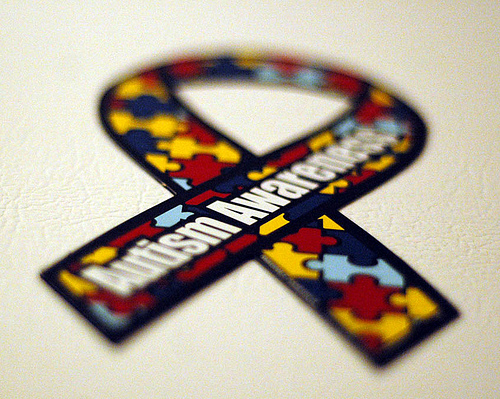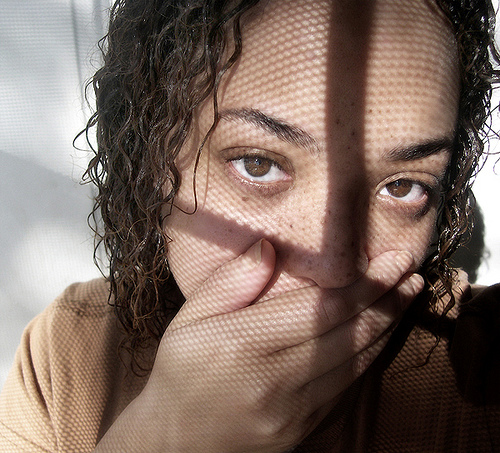Ten days after The Bliss, I am finally sitting down to write about it, and I find myself not knowing where to start. It is impossible to capture everything about an event like Blissdom in a single blog post. Should I talk about the ten best things I learned? A chronological account of the whole weekend? Selected highlights? Profiles of some of the people I met?
Initially, I was going to cheat and collect tweets about Blissdom from fellow delegates. Having just come off a half-marathon, Blissdom, and a three-day autism symposium all in the space of two weeks, I was tired, and I was tempted to write my Blissdom post using the words of other people. With full accreditation, of course.
In the end, I decided to keep it simple – and in my own words – and talk about Ten Pieces of Stuff About Blissdom, in no particular order. Because putting these into any kind of meaningful sequence could make my brain explode.
1. If you’re planning to leave your kids and husband at home in order to have a relaxing Blissdom weekend, it’s not going to happen. The relaxing part, that is. When you have a gathering of a couple of hundred moms who don’t get out much, the socializing and wine drinking gets a little intense. You will have an awesome time, but you will not be relaxing.
2. There were microsessions on the Saturday morning that I absolutely loved. The microsessions are round table discussions with a small group of people, facilitated by an expert, and it’s an opportunity to really focus on the specifics that apply to you. It was such an honour to meet and talk to renowned Canadian writer Ann Douglas, and I learned a lot from her.
3. I collected many business cards, each representing a new contact. Said business cards are currently sitting in my purse, and I need to spend a bit of time going through them and getting in touch with everyone, so that those contacts stay active. The people I met were awesome, and there is potential to do great things with them in the future.
4. On the Friday morning, some of us were in the studio audience of the Marilyn Denis show, which is a popular Canadian daytime TV talk show. It was fun to be there, and it was interesting to get a behind-the-scenes look at what happens during these shows. Also, my co-workers got a kick out seeing me on TV during my three seconds of fame.
5. At blogging and social media conferences, there is free stuff. A lot of it. I really needed to allow extra space in my bag to bring home the books, the coffee mugs, the pillow, the samples of food, and so on.
6.The costume and karaoke party was a blast. I got into the spirit of things and dressed up as The Flash, but no amount of money would make me take part in the karaoke. It was fun to see other people take the stage, though. It was also fun to see the creative costumes that people were wearing. There was a Christmas tree, Facebook, Cher, Mitt Romney’s binders full of women, and much more. I was one of a posse of superheroes, but on that particular night, we all took a much-needed break from fighting crime and saving the world.
7. As a slightly neurotic person with social anxiety issues, I was not wild about the idea of sharing a room with people I did not know. But my roomies – Nolie and Jenn – were fantastic to spend time with. They were an essential part of my Blissdom experience and I am immensely grateful to them for putting up with me.
8.Due to the aforementioned neurosis and social anxiety, I tend to feel a little out of place when I’m among other people. I envy the ability of others to converse with ease with complete strangers, and I feel awkward as I stand in a quiet corner with my wine, desperately scanning the room for someone I might know. At Blissdom, I did not feel this way. I was among other writers, many of whom are just as introverted and socially anxious as me. I felt as if I was hanging out with my own kind. Ironically, being with fellow introverts helped draw me out of myself a little.
9. On the Friday night, I went out to dinner as part of a group that christened itself the Pantry Girls. Our dinner was prepared by the winner of Top Chef Canada, and it was outstanding. The food was good, the wine was good, and the company was a lot of fun. We were in an alcove area that appeared to function at least partially as a pantry, hence the name of our little group.
10. The whole weekend was capped off with a wine-tasting excursion in the Niagara region on the Sunday. I almost bailed – I had gone to bed at about two in the morning and woke up with a hangover for the second consecutive day. Was more wine really what I needed? In the end, my inner wine affectionado prevailed and I had a great day.
Now I am left with memories, a ton of people to contact, Blissdom swag. I am also left with the goal of losing some weight before next year’s Blissdom with the intention of being a slicker looking Flash!
(Photo credit: Kirsten Doyle)





